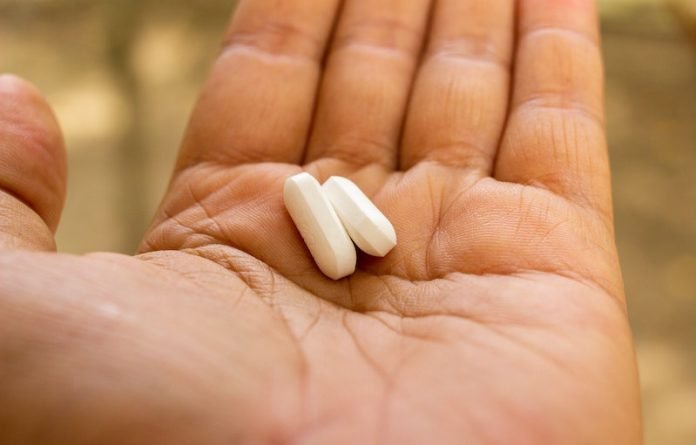
Non-alcoholic fatty liver disease (NAFLD) is a condition that affects many people with type 2 diabetes, causing fat to accumulate in their liver, which can lead to other serious liver diseases.
Currently, there is no approved drug for treating NAFLD. However, researchers at Karolinska Institutet may have found a potential treatment for the disease.
The team of scientists discovered that an antibody that blocks the protein VEGF-B could be a possible therapeutic option for NAFLD.
VEGF-B (Vascular Endothelial Growth Factor B) controls the release of fatty acids from white adipose tissue, and inhibiting it could prevent the accumulation of fat in the liver, thereby reducing the risk of NAFLD.
Obesity and being overweight have been global health problems for decades, causing a sharp rise in the incidence of type 2 diabetes.
People with type 2 diabetes have a 25-29% incidence rate of NAFLD, which is the most common cause of chronic liver diseases in Europe and the United States.
The study examined a new method of limiting the development of fatty liver, which involves keeping fatty acids in the adipose tissue so that they don’t leak out and accumulate in the liver.
The researchers had access to a drug candidate in the form of an antibody to VEGF-B and found that blocking the VEGB-B signal pathway in mice prevented the accumulation of fat in the liver and reduced the risk of NAFLD.
The study was conducted on normal and genetically modified mice that received different diets and were treated with the drug candidate.
The researchers also studied body fat from 48 patients who were due to have bariatric surgery. Half of the group had NAFLD, while the other half did not.
They found a clear link between the level of VEGB-B signaling in white adipose tissue and the presence of NAFLD.
A fatty liver is associated with several serious and sometimes fatal diseases.
However, with the method developed in this study, it might be possible to prevent fatty liver and hopefully lower the risk of liver failure and terminal liver cancer.
While more research is needed, the team’s findings offer hope for developing an effective treatment for NAFLD in the future.
How to prevent NAFLD
Non-alcoholic fatty liver disease (NAFLD) is a condition that affects many people with type 2 diabetes and is characterized by the accumulation of fat in the liver.
It can lead to other serious liver diseases such as liver failure and liver cancer. While there is currently no approved drug for treating NAFLD, there are steps you can take to prevent its onset.
Maintain a healthy weight: Obesity and being overweight are significant risk factors for developing NAFLD. Maintaining a healthy weight through regular exercise and a balanced diet can help prevent the accumulation of fat in the liver.
Eat a healthy diet: Eating a diet that is high in fruits, vegetables, whole grains, and lean proteins and low in saturated and trans fats can help reduce the risk of developing NAFLD. Avoiding sugary drinks and processed foods is also recommended.
Exercise regularly: Regular exercise has been shown to improve liver health and reduce the risk of developing NAFLD. Aim for at least 150 minutes of moderate-intensity exercise per week.
Manage your blood sugar levels: High blood sugar levels are a risk factor for developing NAFLD. If you have diabetes, it is important to manage your blood sugar levels through diet, exercise, and medication.
Limit alcohol intake: Excessive alcohol consumption can damage the liver and increase the risk of developing NAFLD. It is recommended that men limit their alcohol intake to two drinks per day and women limit their intake to one drink per day.
Avoid unnecessary medication: Certain medications can increase the risk of developing NAFLD. If you have a history of liver disease or are concerned about your liver health, talk to your doctor before taking any new medication.
Get regular check-ups: Regular check-ups with your doctor can help identify early signs of NAFLD and other liver diseases. If you have any concerns about your liver health, talk to your doctor about getting a liver function test.
If you care about liver health, please read studies about dairy foods linked to liver cancer, and coffee drinkers may halve their risk of liver cancer.
For more information about liver health, please see recent studies that an anti-inflammatory diet could help prevent fatty liver disease, and results showing vitamin D could help prevent non-alcoholic fatty liver disease.
The study was conducted by Annelie Falkevall et al and published in the Journal of Hepatology.
Copyright © 2023 Knowridge Science Report. All rights reserved.



